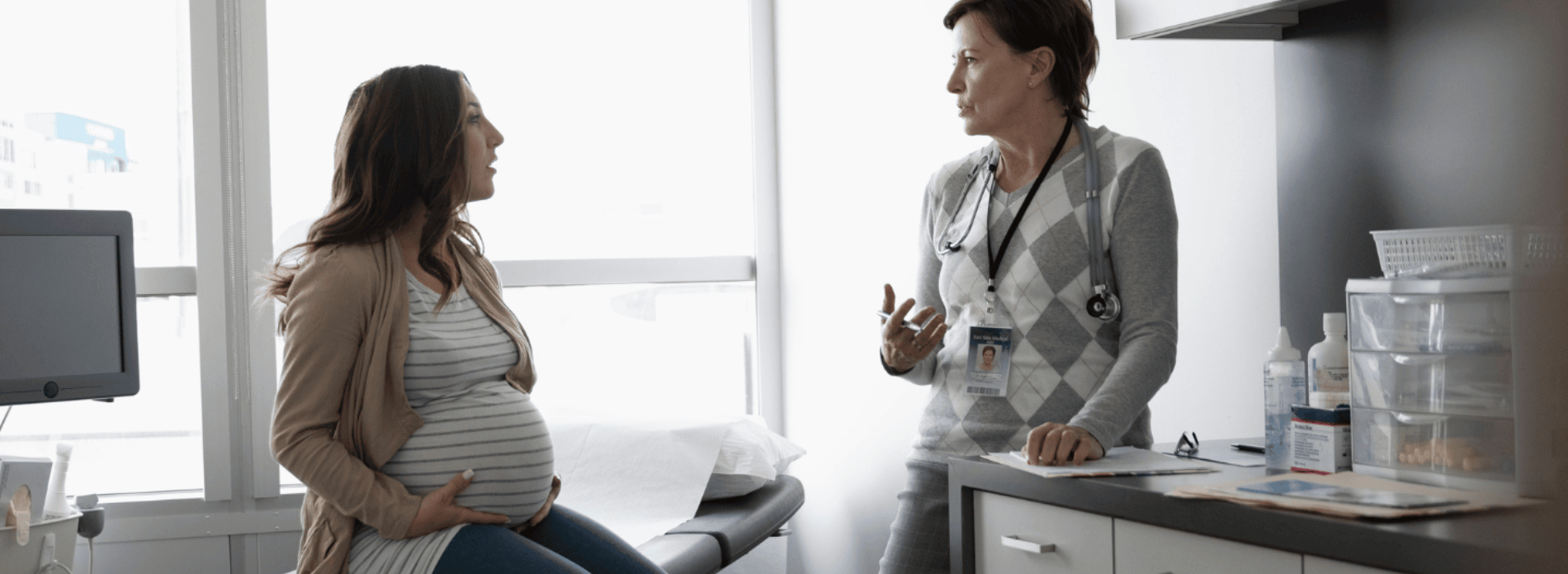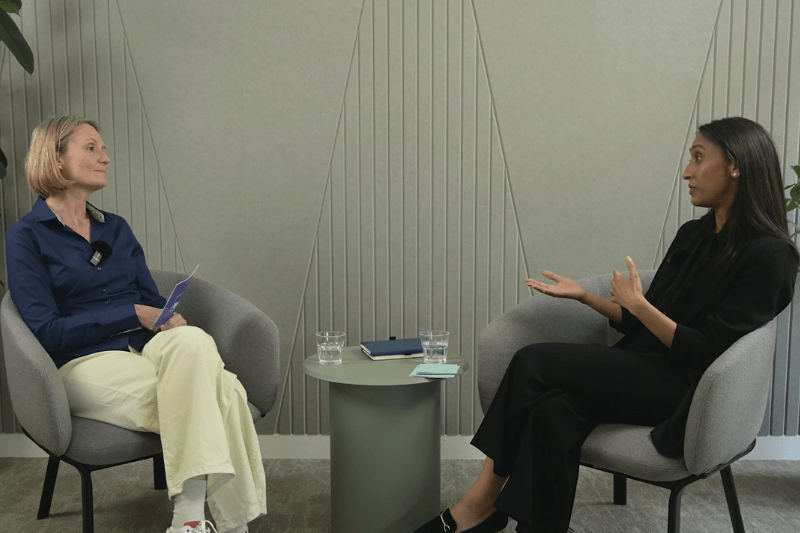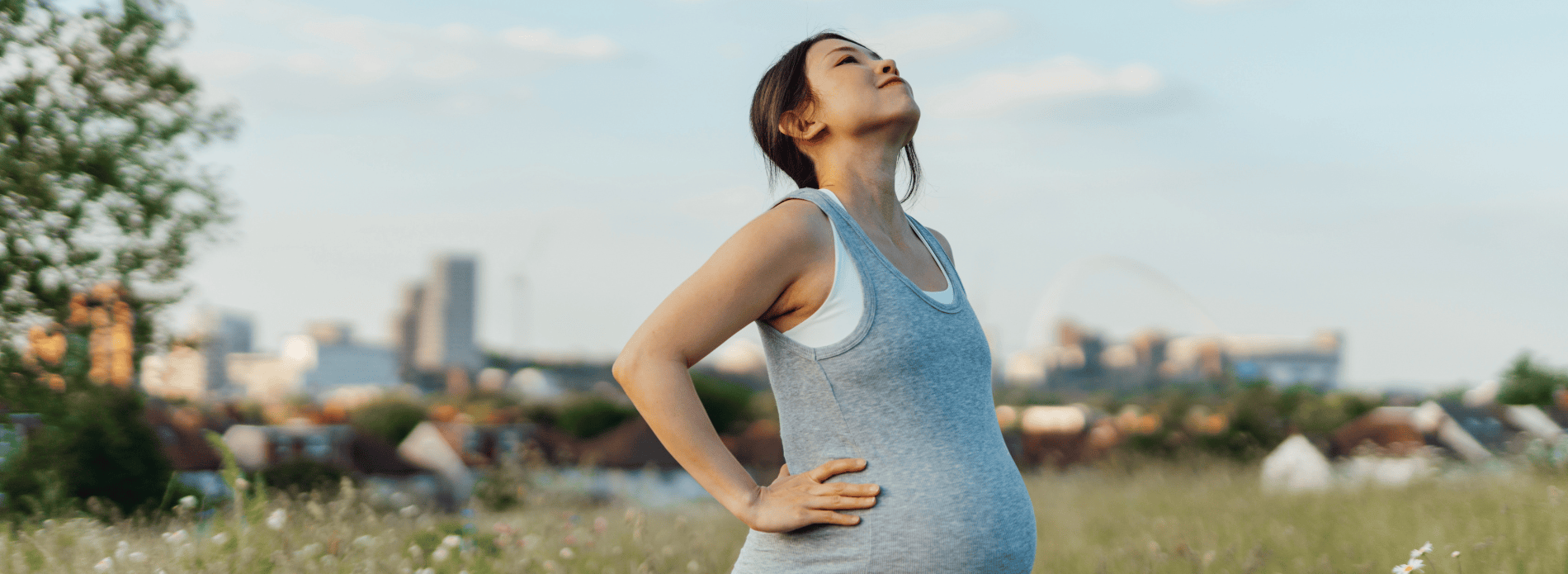Antenatal care is the care you receive from health professionals during your pregnancy to ensure you and your baby are as well as possible.
You should begin your antenatal care as soon as you know you’re expecting. You can do this by contacting your GP or a midwife or referring yourself directly to maternity services near you. This is usually via an online form on your local hospital or NHS trust website. If not, your GP will have a referral form.
What antenatal care can I expect from my midwife or doctor?
Your first midwife appointment should happen before you’re 10 weeks pregnant. (If you’re more than 10 weeks pregnant and haven’t seen a midwife or GP, make an appointment as soon as possible so you can start your antenatal care.)
The NHS in England will offer you:
- 10 pregnancy appointments (seven if you’ve had a child before) to check the health and development of you and your baby.
- Screening for inherited blood disorders (sickle cell and thalassaemia).
- Screening tests to find out the chance of your baby having certain conditions, such as Down’s syndrome.1
- Blood tests to check for syphilis, HIV and hepatitis B.
If you or your baby need them, you’ll be offered additional appointments. Depending on your health and where you live, you may see a midwife for all your appointments, or a midwife for some appointments and a GP for others
What can I expect during my first midwife appointment?
Several questions are asked to ensure you get the care that’s right for you. Your midwife will ask you about:
- Where you live and who you live with.
- Your physical and mental health, and any issues or treatment you’ve had in the past.
- Any health issues in your family.
- Any other pregnancies or children.
- Your partner if they’re in the picture.
- The baby’s biological father’s medical history.
- Whether you’ve had fertility treatment.
The NHS website dives into more detail here.
Tests at your first appointment include:
- Measuring your height and weight and working out your body mass index (BMI).
- Measuring your blood pressure and testing your urine for signs of pre-eclampsia.
- Also testing your urine for signs of a urinary tract infection and diabetes.
- Blood tests to check your general health and blood group, and to see if you have HIV, syphilis, or hepatitis B.
- You’ll also be offered a blood test for sickle cell and thalassaemia (blood disorders that can be passed onto your baby).2
Your midwife may discuss with you:
- how your baby develops,
- diets and foods to avoid,
- exercise and pelvic floor exercises,
- your NHS antenatal care,
- breastfeeding,
- antenatal classes,
- benefits such as free prescriptions and free dental care,
- your options for where to have your baby,
- tests and scans you'll be offered.
Maternity notes
Your midwife will give you your maternity notes, which may be digital in an app, via a website or written down in a book or folder. These notes are a record of your health, appointments, and test results in pregnancy.
They include useful phone numbers, such as your maternity unit or midwife team. You should have these notes with you all the time until you have your baby. This is so healthcare staff can read about your pregnancy health if you need urgent medical care.
How many ultrasound scans can I expect through the NHS?
Hospitals in England offer at least 2 ultrasound scans during pregnancy:
- around 11 to 14 weeks
- between 18 and 21 weeks.
The first scan is called the 12-week scan, also called the dating scan. The sonographer estimates when your baby is due – the estimated date of delivery (EDD) – based on your baby's measurements.
The dating scan can include a nuchal translucency (NT) scan, which is part of the combined screening test for Down's syndrome, if you choose to have this screening.
The scan will also confirm whether you’re expecting more than one baby, that your baby is growing in the right place, as well as your baby’s development. It can also detect some health conditions, such as spina bifida.3
The second scan is the 20-week screening scan and is sometimes called the anomaly scan or mid-pregnancy scan. This scan checks if your baby could have a condition that affects their health and development. It checks for signs of 11 conditions:
- anencephaly
- open spina bifida
- cleft lip and palate
- diaphragmatic hernia
- gastroschisis
- exomphalos
- serious cardiac abnormalities
- bilateral renal agenesis
- severe skeletal dysplasia
- Edwards' syndrome (trisomy 18)
- Patau's syndrome (trisomy 13).4
Some conditions can be seen more clearly than others, so the scan might not find everything. But screening is the best way to find any conditions and helps you and your doctors to make the best decisions for you and your baby.4
Your sonographer will be able to tell you the results of your scan at the time. You may be offered more than 2 scans, depending on your health and the pregnancy.
Further information on what to expect during your scans can be found on the NHS website.
Additional needs
If you have special health needs, your midwife, GP, or obstetrician may take shared responsibility for your maternity care.
Let your midwife know if you have a disability that means you have special requirements for your antenatal appointments or for labour.
If you don’t speak English, flag this with your midwife also.














